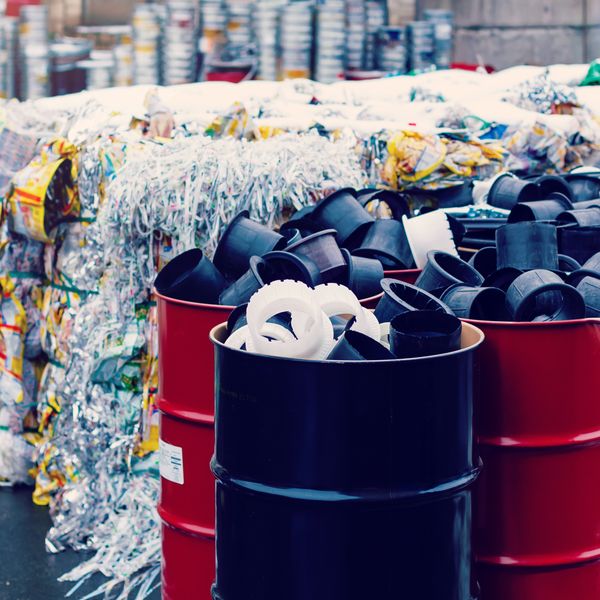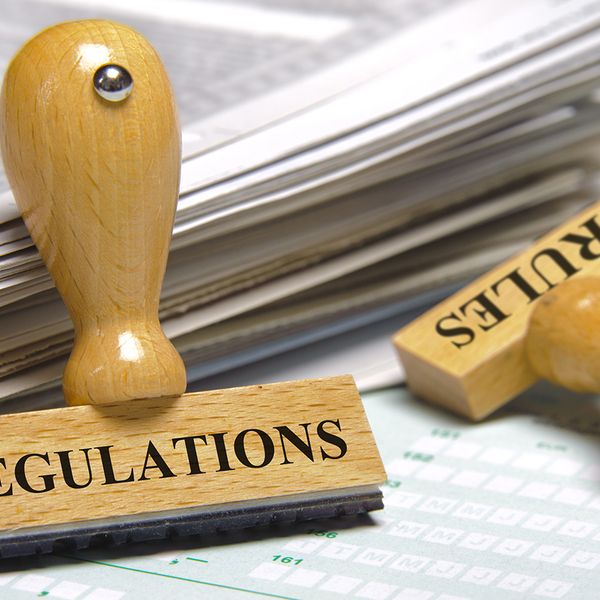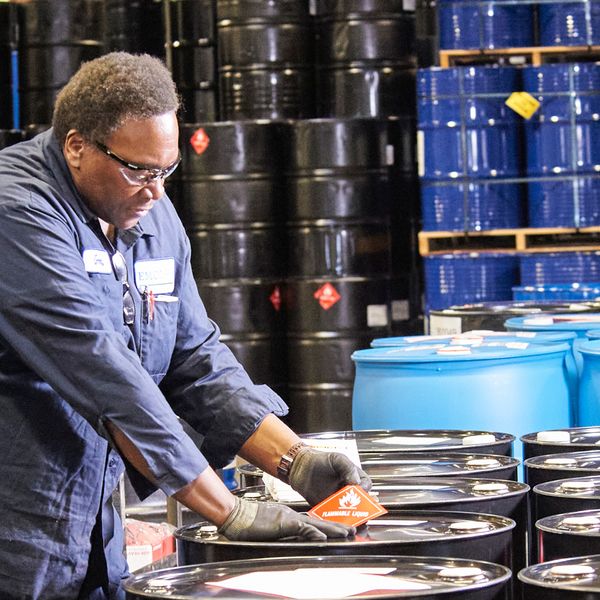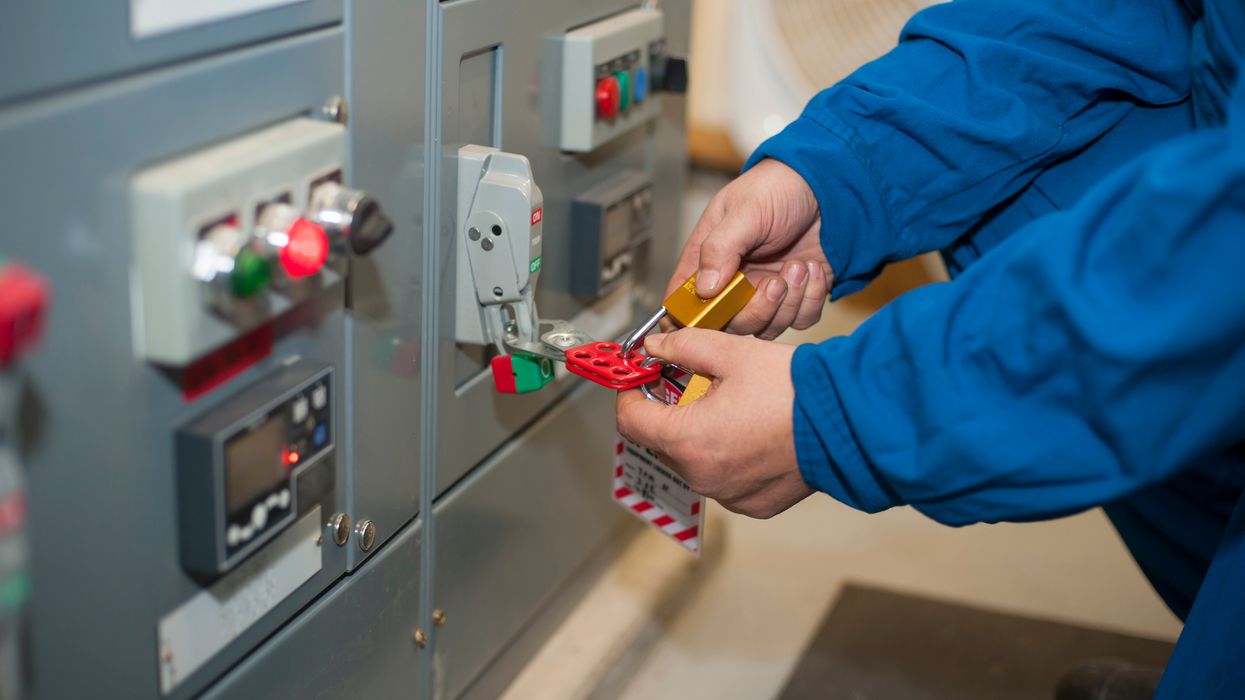Workplace recycling in 2025: Why it matters now more than ever
Think recycling at work is just tossing paper in a blue bin? Think again. In 2025, workplace recycling is being redefined — from a basic office task to a strategic initiative that impacts your company’s bottom line, brand reputation, and environmental footprint.
From cardboard and plastics to e-waste and food scraps, today’s leading businesses are building smarter, circular systems that turn trash into opportunity — one department at a time.
Here are five reasons why recycling matters now more than ever.
1. Environmental responsibility impacts your brand reputation
Sustainability is no longer just a corporate social responsibility (CSR) talking point. It’s a core business differentiator. As a management or EHS leader, you’re often on the frontlines of implementing the visible changes that shape public perception. Recycling programs are a low-barrier, high-impact initiative that sends a clear message to customers, investors, and employees: We walk the talk.
Failing to prioritize environmental responsibility puts your company’s reputation at risk — especially in industries with public visibility or regulatory scrutiny. Forward-thinking competitors are already using circular economy models and zero-waste initiatives to win market share.
Champion a program that reflects your company’s values and positions you as a sustainability leader in your field.
2. Compliance with local, state, and federal regulations
Recycling is no longer a “nice-to-have.” Many jurisdictions now require commercial recycling, especially for packaging waste, e-waste, and food scraps. Increasingly, regulations also demand data transparency, such as tracking waste volumes, diversion rates, and sustainability goals.
Supervisors in environmental and safety roles are responsible for ensuring compliance and minimizing risk. Violations can result in hefty fines, bad press, or loss of contracts.
Stay ahead of compliance trends and implement a recycling program that satisfies current and future requirements while keeping auditreadiness top of mind.
3. Cost savings and operational efficiency
Landfill disposal is becoming more expensive due to tipping fees and transportation costs. By diverting materials through recycling or reuse programs, companies can reduce both their environmental footprint and their operational spend.
In addition, smart material handling and waste segregation can lead to process improvements — less clutter, fewer hauling pickups, and even opportunities to monetize recyclable materials like scrap metal, cardboard, or used electronics.
Use data from your waste audits and vendor reporting to identify high-volume waste streams and optimize for both cost reduction and resource efficiency.
4. Workforce engagement, retention, and culture
Today’s workforce, particularly younger employees, is drawn to employers who align with their values. A clean, green workplace that visibly supports recycling and sustainability reinforces a positive culture, boosts morale, and improves engagement — especially when employees feel like they’re contributing to something bigger.
Recycling initiatives are also an easy win for cross-departmental engagement. Whether through green teams, signage campaigns, or employee challenges, these programs offer hands-on ways to involve everyone.
Build internal buy-in by showing how your initiatives support company values, employee wellness, and sustainability goals through shared responsibility.
5. Alignment with data-driven ESG and sustainability goals
In 2025, companies are under increasing pressure from stakeholders to report measurable progress on environmental, social, and governance (ESG) initiatives. Waste reduction, recycling rates, and landfill diversion metrics are among the top data points requested in annual sustainability reports and RFPs.
Supervisors and EHS leaders are often the owners of the data. You're tasked with tracking, verifying, and reporting on these outcomes. Without a structured recycling program in place, those metrics are impossible to capture, and your ESG report falls flat.
Establish a system for measuring, improving, and communicating progress toward zero-waste or landfill diversion targets, and support leadership in meeting ESG benchmarks.
Key to remember: Embracing workplace recycling in 2025 isn’t just good for the planet — it’s a smart move that drives innovation, saves money, and positions your company as a leader in sustainability.























































